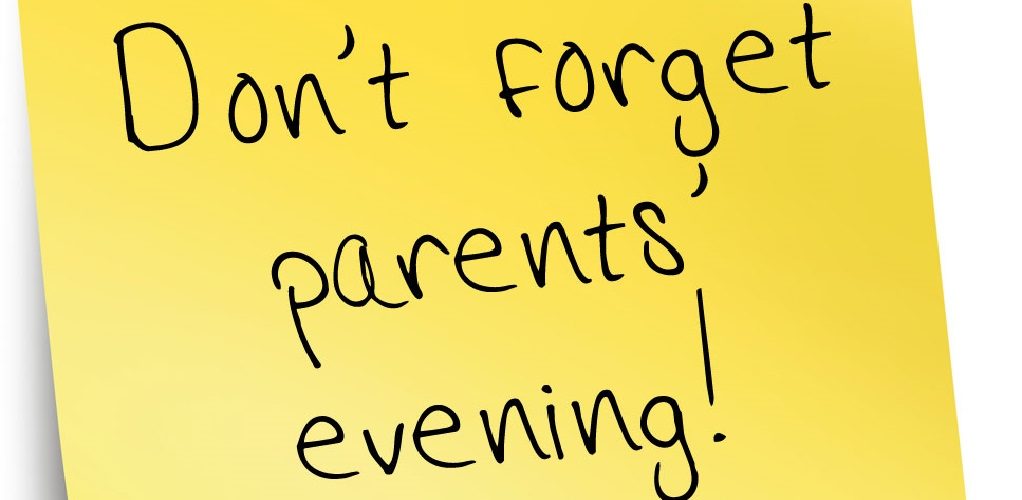English
At Harris Academy Rainham the English curriculum takes students on a journey through a variety of carefully sequenced texts.
Literary pieces from different time periods, cultures and of different forms and viewpoints will enable students to develop culturally, emotionally, socially and spiritually whilst exploring the wider context of their world and broadening cultural capital.
Further details of the curriculum can be found in the documents downloadable from the bottom of this page.
Intent
A large proportion of our cohort at Rainham are students from disadvantaged backgrounds and the importance of taking our students beyond their common experience is key to their future success and providing them with the equal opportunities that will help them to thrive.
At the heart of our English curriculum is the progressive development of students’ competency in spoken and written communication; fundamental skills to ensure success in future career paths and within society.
Our aim is to challenge and support students in cultivating their own styles of writing and to progress as critical thinkers. Our increasingly challenging range of text types, writers, poets and authors encourages students to develop a habit of reading for both information and for pleasure.
Our curriculum is sequenced as a spiral with increasing challenge throughout every term and each academic year. In doing this, students will learn new vocabulary, understand the purpose, audience and context of writing and critically explore the conventions of these texts.
In writing, students are taught to create a purposeful and unique style that is both accurate and fluent and reflective of their increasing knowledge of grammar and vocabulary.
We endeavour to guide our students in developing a passion for literature, viewing the literature that they read as something that will help them gain an insight into what it means to belong to humanity whilst celebrating the diversity within our community. They are invited to see that literature can be seen as both a mirror, showing us a reflection of our own human nature, or a window through which we can view the human experience of others and learn to empathise with each other.
Here at Rainham, we encourage students to view and experience English as a subject that will enrich them both academically and culturally, a huge contribution towards an extremely successful future.
Implementation
In KS3, students’ progress through a carefully-considered, three-year unit-by-unit journey, exposing them to literature from a range of time-periods. This journey is spiralled thematically: in Autumn term all pupils across Year 7-9 study texts through the lens of Human Nature; in spring term through the interactions of Individuals & Society and in summer term through Literature as a Vehicle for Change in Society.
This progressive thematic sequence means that pupils explore English as a tool for understanding themselves, their societal constructs and their own empowerment to effect change in the world. With each term students study reading and writing concurrently, to ensure pupils are honing both skills with rigour and depth. Opportunities for students to practise oracy are similarly embedded throughout the KS3 journey. Texts have been chosen to ensure that pupils have access to a range of diverse authors and perspectives, to celebrate the wealth of diversity in the UK, and worldwide.
Although these units are designed to ensure a clear pathway to KS4 and KS5, in which students will be expected to analyse and engage with texts from a variety of backgrounds, the KS3 curriculum is notably separate from GCSE English, and, as such, aims to flourish autonomously.
In KS4, students undertake their two-year GCSE course, bringing with them the wealth of literary skills and historical knowledge learned in KS3. Their English Literature texts: A Christmas Carol, An Inspector Calls, Macbeth and Power & Conflict Poetry – challenging texts written by a range of canonical writers - are designed to challenge students and expose them to seminal British literature.
These texts, alongside a variety of literary extracts studied through their English Language course, are selected to ensure that students continue to grow as individuals, as throughout the course they discuss and debate ideas of morality, social responsibility, gender, the nature of power, and the psychology behind what it is to be human.
Not least, the Harris Academy Rainham GCSE course is designed to ensure that students are enriched academically, providing them with the vital reading, writing and communication skills that will make them confident enough to believe in their future success.
Through a deliberate and thoughtful approach of Prep, Learn and Practice, KS5 students will become passionate scholars of English Literature. Students will complete pre reading of the texts and other scholarly material meticulously and regularly before lessons and will come equipped with knowledge to debate the philosophical and social concerns of the text and to form robust arguments about what they read. In Year 12, students will then learn the content of Poems of the Decade anthology, developing comparison skills to compare these to unseen poetry, they will study the modern drama, A Streetcar named Desire, and learn how to compare the two Prose texts, Dracula and The Picture of Dorian Gray, before constructing a coursework essay comparing two texts based on enquiry into an area of personal interest.
In Year 13, students will then study poetry of the Victorian era and Shakespeare’s Othello. Throughout the course, whilst grappling with this content, students will regularly practice essay writing skills and forming arguments through the detailed construction of thesis statements using a judicious range of textual references to support arguments.
Impact
The impact of our curriculum is measured both formatively and summatively. In line with Harris Academy Rainham’s wider Teaching & Learning strategy, ‘Prep’ in the form of pre-reading is set for students to complete prior to lessons.
For English, this involves various research and comprehension-based activities, to ensure that students are both recapping prior learning and making links with new, yet-to-be-taught content.
‘Do Now’ tasks are specifically tailored to help students at the start of lessons with this recap process. The impact of this is measured formatively at the start of each lesson by the teacher.
Students’ ability to succeed in our curriculum is also measured through perception data taken by the teacher during lessons, through cold-call questioning and circulating the room to assess different written responses.
Weekly written work will often be assessed by the teacher to track students’ progress over time. Summative assessments, from which standardised data can be analysed, are set termly by the Federation, enabling the department to measure the impact of both the design and delivery of the curriculum – and make reflective changes where needed.
Pertinently, students’ books and written work should reflect the ambition, breadth and knowledge embedded within the curriculum, and illustrate clear preparation of students to become the best versions of themselves in their academic and societal futures.


















